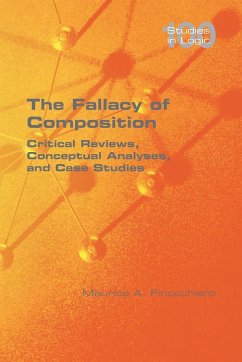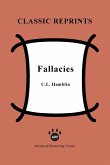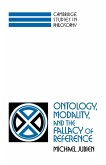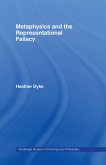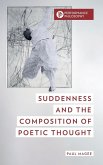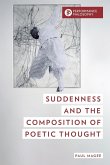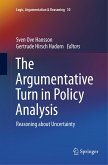This is the first book-length study of the fallacy of composition. It focuses on arguments from parts to whole, from micro to macro, and from some to all; and it discusses both their structures and the conditions of their correctness. The topic is approached through a series of critical reviews, conceptual analyses, and case studies. The critical reviews elaborate interpretations and evaluations of works by such distinguished scholars as: philosophers John Woods and Trudy Govier; economists Paul Samuelson, William Nordhaus, and Paul Krugman; and political sociologists Robert Michels, Robert Dahl, and Seymour Martin Lipset. The conceptual analyses involve the clarification of notions such as: argument vs. fallacy of composition, composition vs. division, hasty generalization, flawed argument from analogy, fallaciousness vs. incorrectness, and meta-argumentation. The case studies explain issues such as: the geocentric-geostatic argument from natural motion, the design argument for the existence of God, the iron law of oligarchy, the paradox of thrift, the argument from private to public debt, bank creation of money, the paradox of the bumper harvest, and current arguments for global warming. Because of this content and this approach, the book is aimed at both scholars and students of philosophy, economics, and political sociology.
Hinweis: Dieser Artikel kann nur an eine deutsche Lieferadresse ausgeliefert werden.
Hinweis: Dieser Artikel kann nur an eine deutsche Lieferadresse ausgeliefert werden.

